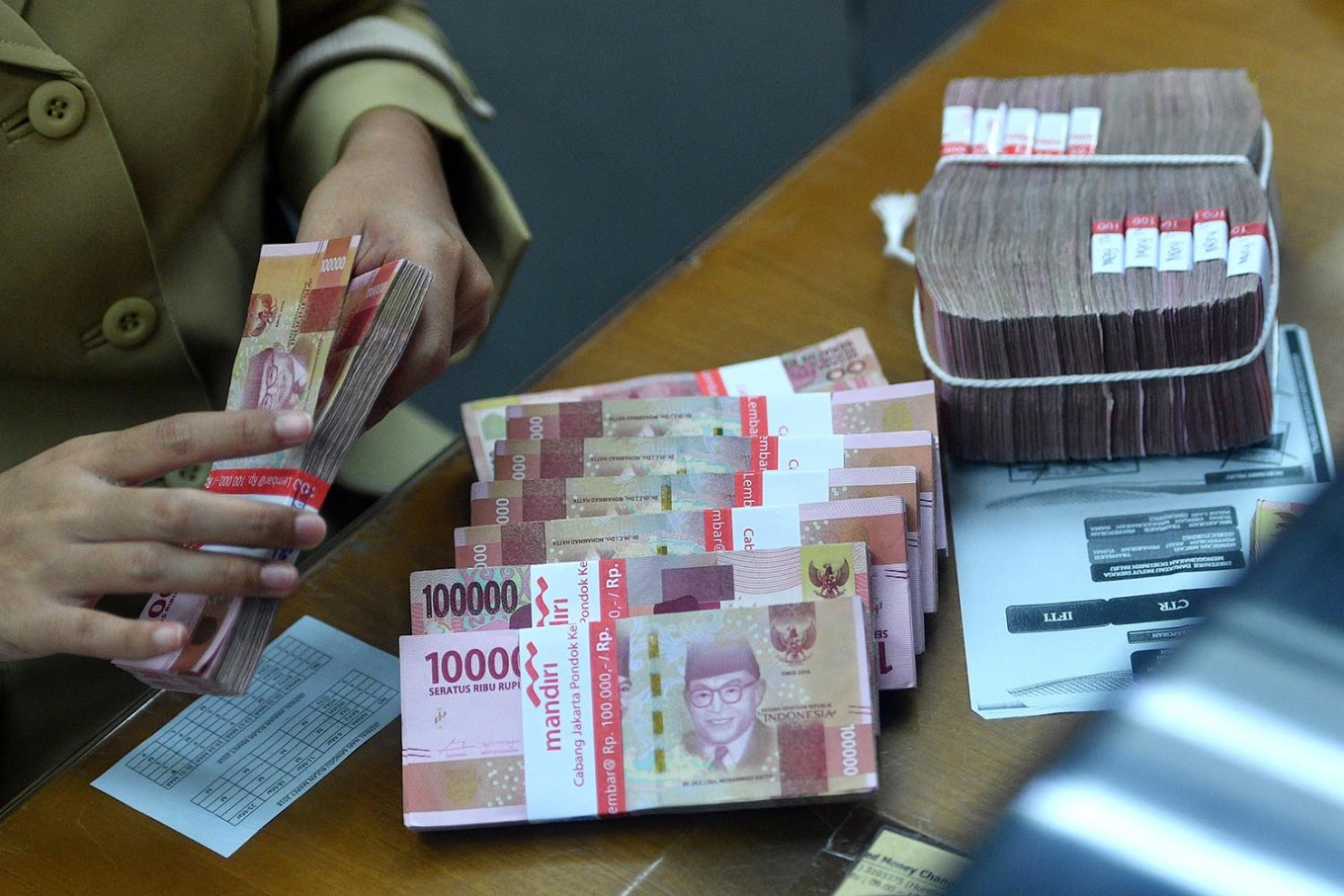Popular Reads
Top Results
Can't find what you're looking for?
View all search resultsPopular Reads
Top Results
Can't find what you're looking for?
View all search resultsMorgan Stanley calls for cutting dependency on external funding
Change text size
Gift Premium Articles
to Anyone
M
ultinational investment bank and financial services company Morgan Stanley has called on Indonesia to reduce its dependency on external funding to break the link between its monetary policy cycle and external liquidity conditions.
“Increasing productivity and non-commodity competitiveness to generate higher domestic savings is needed,” Morgan Stanley said in a research note on Indonesian economics and strategy, a copy of which was made available to The Jakarta Post on Thursday. The main points are highlighted below.
“Bank Indonesia's policy mandate of currency stability is likely due to the notion that Indonesia is a highly dollarized economy and currency volatility would have negative implications,” the note says.
Morgan Stanley, however, believes that the economy has de-dollarized and allowing for a greater pace of currency depreciation would help the macroeconomy rebalance toward higher growth and a narrower current account deficit.
Due to Indonesia's external funding linkages, BI's monetary policy is seen as closely tied to the United States Federal Reserve (Fed), it says, adding, however, that the weakening US dollar and delayed normalization in the Fed’s monetary policy could set the stage for a BI policy rate relaxation if domestic macro conditions are right.
Morgan Stanley says inflation has surprised to the downside, in part driven by structural factors in food inflation and as de-dollarization weakens the import inflation pass-through from the rupiah depreciation.
“The current account deficit is a sticking point, but it will likely narrow as the real effective exchange rate (REER) depreciation improves non-commodity competitiveness with a lag, and a change in [the] domestic demand mix lowers import intensity,” it says.
Lower oil prices and 2019 second-quarter global growth would also help, the note concludes. (bbn)










